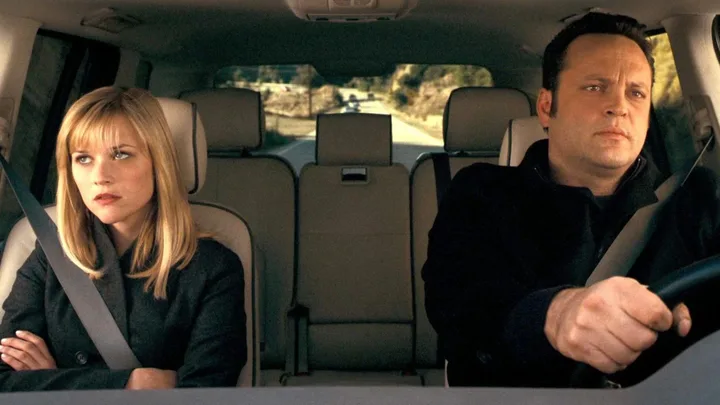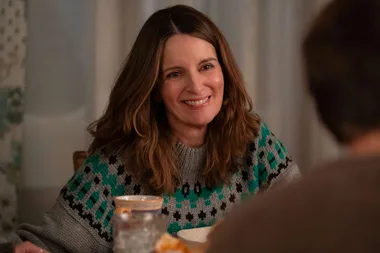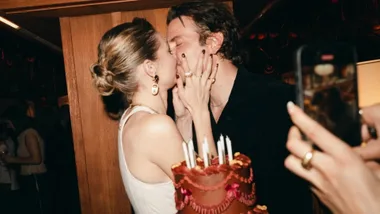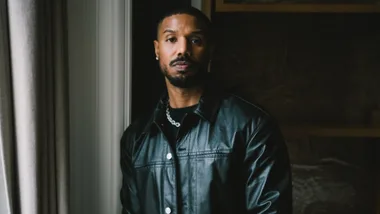Relationships aren’t always smooth sailing and even the best ones have their challenges.
Whether it’s because of a certain argument you keep having or a life decision you just can’t agree on, you might have considered visiting a couples therapist at one time or another.
But when is it really time to pull the trigger and get a third party involved?
If you’re going back and forth about booking that appointment, we’ve asked clinical psychologist and CEO of Relationships Australia NSW, Elisabeth Shaw for the biggest signs a couple needs to get themselves to therapy.
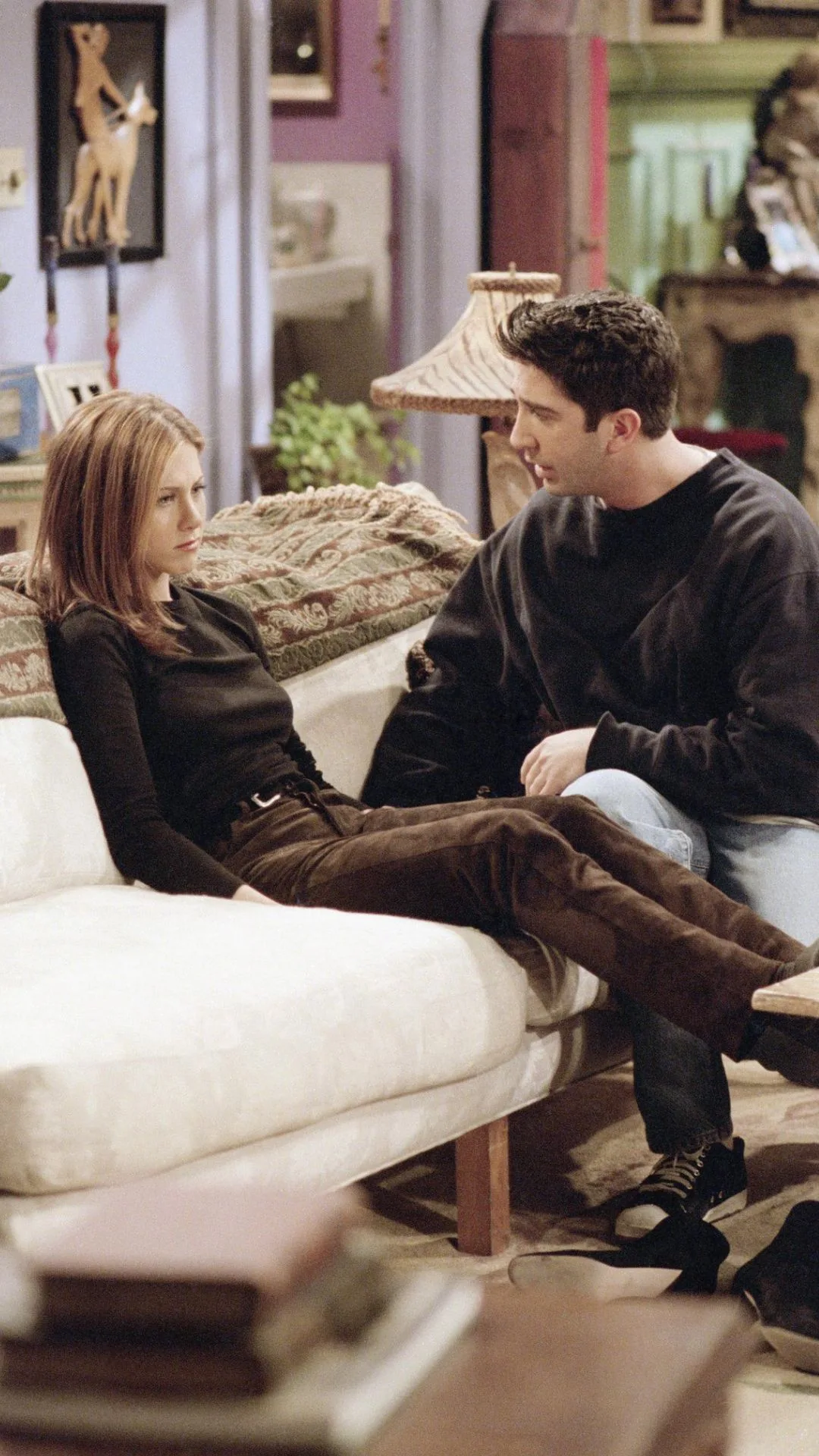
5 Signs You Need A Couples Therapist
1. You Keep Having The Same Fights
One of the biggest signs that you need an intervention is if you feel like you keep having the same fight or type of fight.
“This is when you feel you are stuck in habitual patterns of conflict or poor communication where you feel you are going in circles, serving up the same things to each other, and ending up feeling worse for the discussion,” Elisabeth explains to marie claire Australia.
“I have had couples almost recite a script for the argument, it is so very familiar and well worn. They serve up the same lines and accusations, and the things that definitely don’t work are repeated because they are stuck.”
Elisabeth explains that the right couple’s therapist can help you break these cycles and resolve the issues.
“These conversations and conflicts can feel so demoralising that couples can think they are in themselves reasons to separate,” Elisabeth says. “However, I often find that if they can argue differently and get out of the loop they are in, the actual content of the fight can be managed quite effectively.”
“This gives the couple back a sense of capability, that is, ‘we are a couple that can manage the tough discussions’ whereas before it might have been ‘we can’t even have a conversation without it going badly.'”
2. The Issue Is External
Another sign you might need help from a couples therapist is if you’re facing problems that come from factors outside of your relationship.
“Sometimes there are issues that are beyond the two of you to wrestle with, even if you have tried hard to do so,” Elisabeth explains. “This might be from outside forces, including pressures from external parties such as employers or in-laws, or a problem for one of you, such as alcohol or gambling, which are compromising the relationship.”
3. Someone Threatens A Break Up
Elisabeth says, “when separation is threatened, or something has happened that could drive you to consider that. For example infidelity or other betrayals, lack of desire or your feelings changing for each other.”
Essentially, if a break up is on the cards (and you don’t want that to happen) then it’s time to get yourselves to therapy.
4. You’re Entering A New Relationship Phase
According to Elisabeth, “couples can also seek help when they are entering a new phase and want to develop new skills, for example the transition to being parents, preparing for retirement, handling teenagers.”
Elisabeth adds, “such transitions can feel very challenging and put couples at odds with each other.”
5. You Don’t Feel Safe
It’s important to consider how you feel both during your arguments and in your relationship as a whole.
For Elisabeth, a glaring red flag is if “you feel unsafe in the communication or conflict because it gets nasty, personal or too dangerous.”
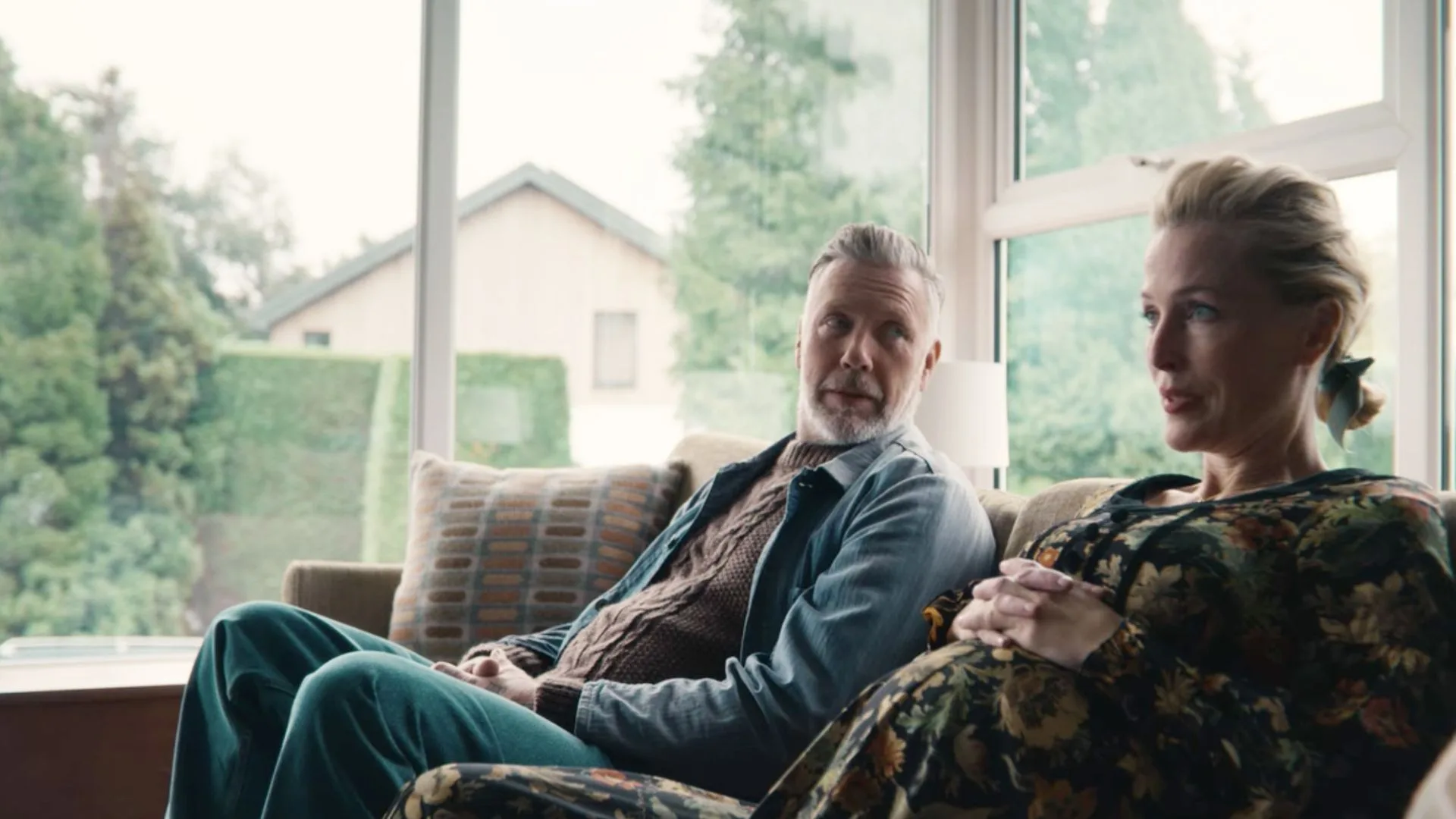
What Happens At Couples Therapy?
If you’re nervous about going to couples therapy, or wondering whether a session would help your relationship, then understanding what actually happens on the therapist’s couch might ease your mind.
“Over a few sessions, couples can go over the things that are particularly stuck, the areas they haven’t been able to talk about, and the ones that always turn out badly.”
Elisabeth continues, “building skills to manage those triggering moments differently, to challenge perceptions and interpretations that skew how things are said and received, can be a relief.”
“This opens up new pathways to listening and responding, which de-escalate conversations and manage the particularly toxic behaviours such as defensiveness, silence, or tactics of abuse, which in themselves will ensure communication breaks down.”
I Don’t Tick Any Of These Boxes – Can I Still Go To A Couple’s Therapist?
The good news is that you don’t have to be struggling with anything dramatic to go to couple’s therapy. In fact, Elisabeth explains that it’s sometimes those small things during a period of transition that lead to couple’s falling out.
“Couples will come to therapy when there is an identified problem, whether small or large,” Elisabeth says. “Something is on their radar which means they want a third party to facilitate, coach, or referee. Commonly couples attend for a shorter time than individual work, as both people are present to get the issue resolved.”
“It may only require a few sessions to free up a gridlock or address something quite specific. More entrenched problems or damaging events such as an affair, can take longer to resolve and repair.”
Elisabeth also notes that “violence and abuse will also require specialist intervention outside of therapy, and referrals for other services may well be part of the plan.”
It’s not uncommon for couples to feel like they have to sort out their problems alone but it’s important to know that help is available to you—no matter how big or small the problem is.
“Curiously it can be very common now to have a coach for all sorts of other things, but we expect couples to be able to be a self resourcing unit, and that reaching out for help can in itself signal real trouble afoot,” Elisabeth says.
“In fact many couples have said to me ‘if only we’d come sooner it would have saved us a lot of heartache.’ However, they believed that going it alone was something they should have been able to manage.”
If you do take the leap and decide to go to couples therapy, Elisabeth says the most important thing is to find a qualified therapist.
“This is a specialisation in itself and so asking about qualifications and experience is perfectly reasonable.”
